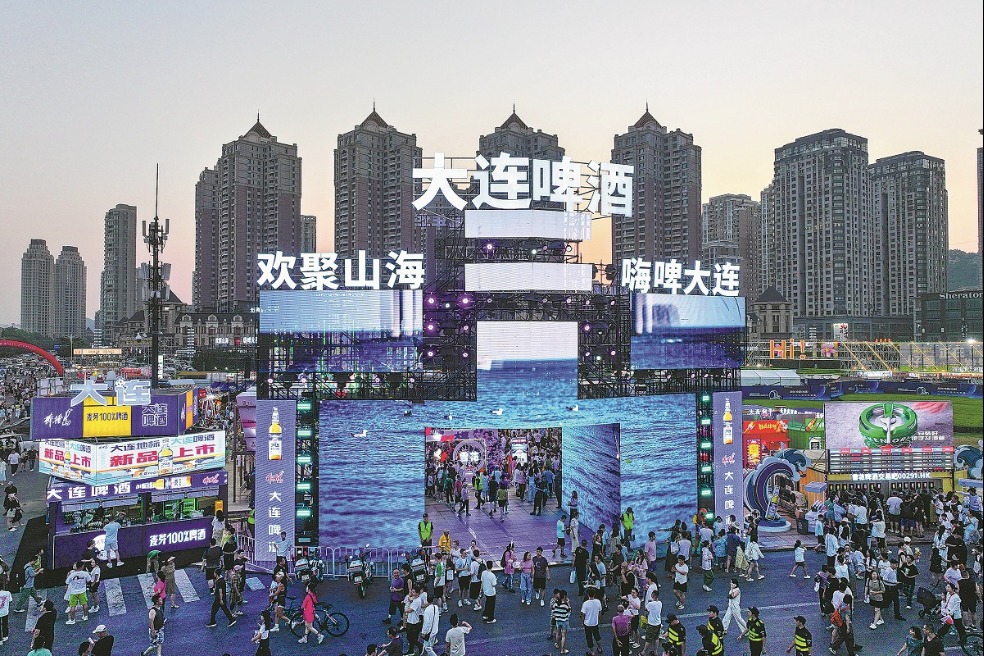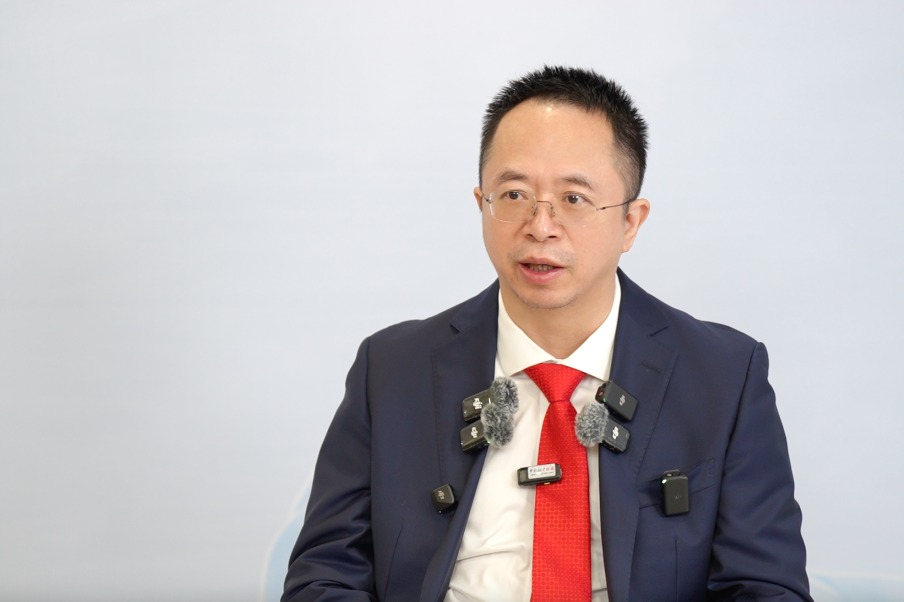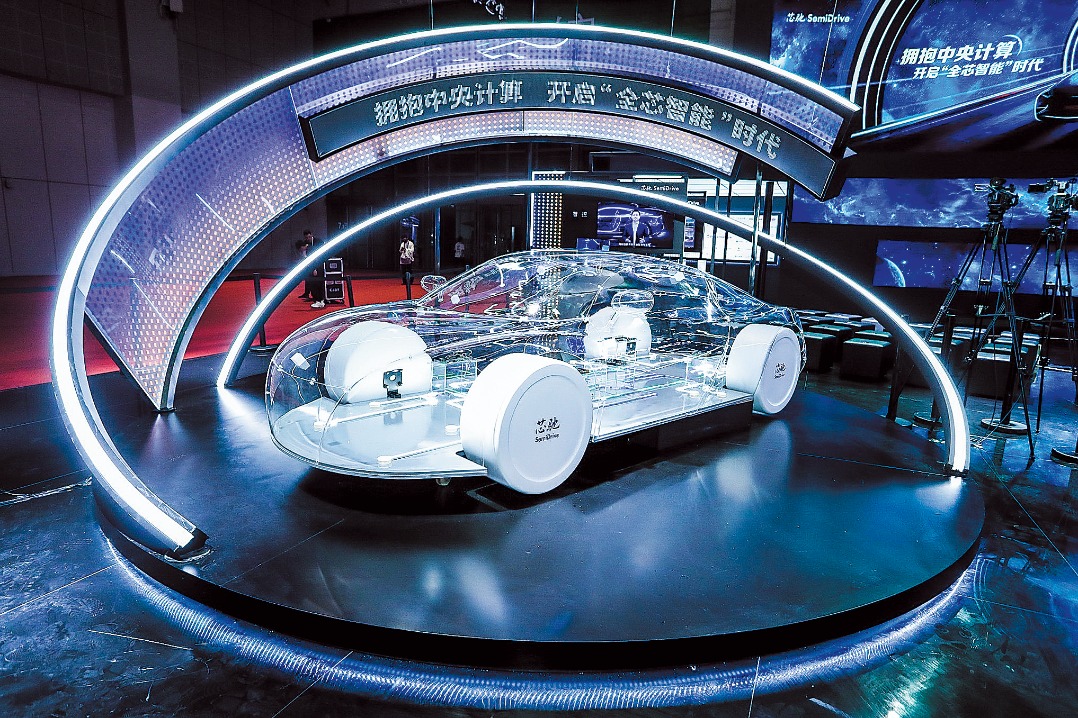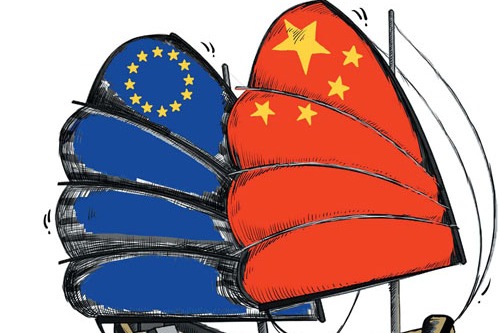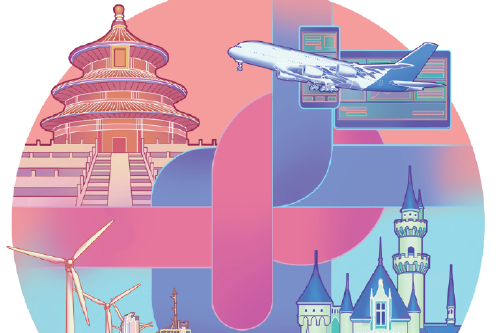Global China for a shared future of certainties and hope

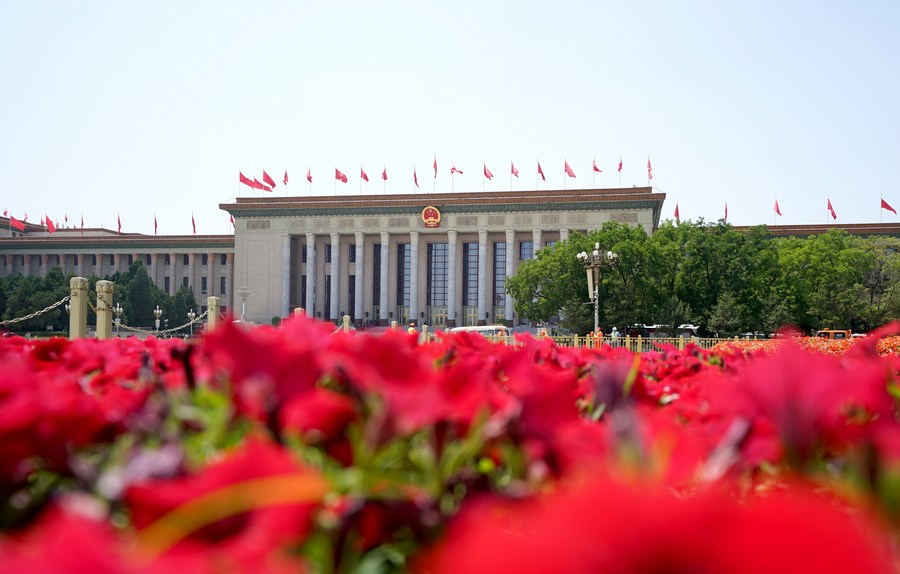
Thirty years ago, the fall of the Berlin Wall fuelled a debate on the new world order in the making. Practically, nobody foresaw then that in the immediate future China would become one of the main players of the global geopolitical changes.
To understand and assess China's current role in the world, it is necessary, like for all great issues or countries, to set aside any cultural, social or political biases we may have, as individuals and society, as we prepare to gain knowledge of the country we are dealing with.
A multipolar world in need of multilateralism and global governance requires the construction of a more perfect global political community that understands and accepts that the well-being and future of each and every country depends on cooperation and international consensus.
Change in China has had three essential pillars: the first, economic and social progress; the second, economic opening up to the world; and the third, multilateralism in its international relations, always based on the principle of non-interference in the internal affairs of other countries, which is coherent with China's rigorous defense of its sovereignty and the principle of "one China".
The "one China" principle is transcendental, and I have always defended it as a central part of China's identity.
In fact, China's new role in the world, its economic power and its growing influence constitute the most important phenomenon in contemporary international order.
If we delve into history, it isn't easy to find a process of development and change such as the one China has achieved in the last 40 years. The natural consideration that accompanies this accomplishment is of course that we are looking at a country of 1.4 billion people, around 20 percent of the global population, the most populated country on Earth. And we must remember that this dimension has been constant in history, oscillating between 20 percent and 25 percent of the global population.
As Marcelo Mu?iz emphasizes in his brilliant China in the 21st Century, the World Bank data on the evolution of China from 1998 to 2018 is striking: China has climbed the country ranking from number 120 to number 2. It has multiplied its GDP by 80. It has multiplied its per capita income by 40. It has lifted about 800 million people out of poverty, which for me is the most relevant data of all. It has a literacy rate of 96 percent, and 40 percent of its young people go to university.
The annual number of university graduates in China is double that of the United States and Europe put together. China has the highest number of college graduates in science and engineering. It also occupies the first place in doctorates in these areas. Research and development represents 2.5 percent of its GDP. Its human capital has also experienced a spectacular growth. In the last 40 years, 5 million kilometers of roads, highways and motorways have been built, along with 190 million residential units and 2,000 dams.
The path China chose to take toward progress has a startling continuity to it, which is explained by China's resolve to become the first world power in the areas of science and technology. And it is close to achieving this goal: it applies for the highest number of patents, it publishes the greatest amount of scientific and technical research and it has the highest number of researchers in science and technology.
The great common challenges that we face are obvious: trade openness, international rules in the financial sector, a commitment to tackling climate change, and technological cooperation-with all the potential to increase productivity and development-the Sustainable Development Goals formulated by the United Nations for 2030 as a great project to abolish extreme poverty and hunger and extend citizens' rights to all continents, and, over all these, the pacific resolution of conflicts.
Sooner than later, and unless useless selfishness and shortsightedness were to prevail, we will witness a period of a new cooperative dialogue between the great actors on the international stage. The United States, China, the European Union, Latin America, Russia, India, Africa-or more precisely the African Union-will have to agree on a new international order, which will be more multipolar and at the same time more integrated.
In the era of globalization and connectivity, unilateralism has no future.
The US leadership in the world originated in its commitment to the international order after its decisive participation, with Russia, in World War II to defeat fascism, without forgetting the European resistance and China's role in the Asian theater. The future leaderships will not come from unilateralism or self-absorption.
The EU's raisons d'être are cooperation and integration. That is where its authority lies, what legitimizes its mission to articulate policies that favor cooperation, in opposition to rivalries or confrontations. That is why the EU must be the referee or the intelligent and constructive facilitator in the competitive spiral between China and the US.
The framework of relations between the EU and China makes this strategic option in favor of the international order.
China and the EU form the first commercial bloc worldwide and both are engaged in an increasing and reciprocal investment process. The political, diplomatic and commercial ties between them have deepened over the last 40 years, not without difficulties, of course, but with a clearly positive result on issues such as trust and mutual interest and a shared vision of free trade in the face of protectionism, and of multilateralism in the face of unilateralism.
Also, the Chinese economy suffered the least in 2020 among all major economies and will have the most robust growth in 2021, which will be decisive for global economic recovery.
Before the global crisis brought on by the pandemic, China was already the key power in search of an international order that would overcome the fragile governance of globalization. As such, China's role is fundamental to our recovery from this global economic and health crisis.
The author is former Prime Minister of Spain.
The views don't necessarily represent those of China Daily.
















